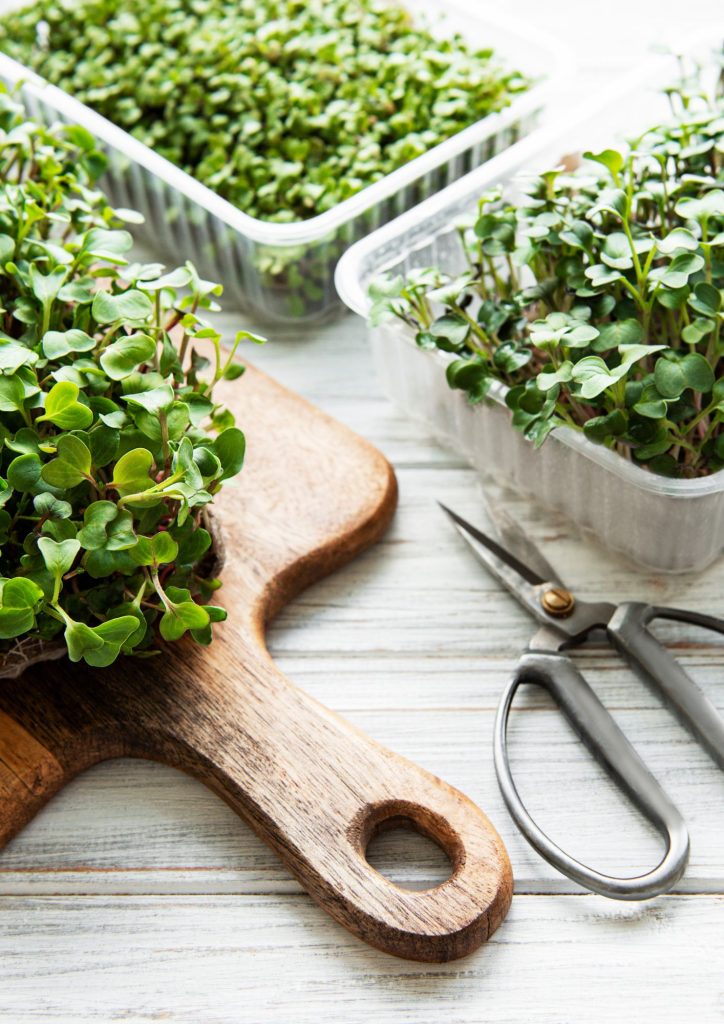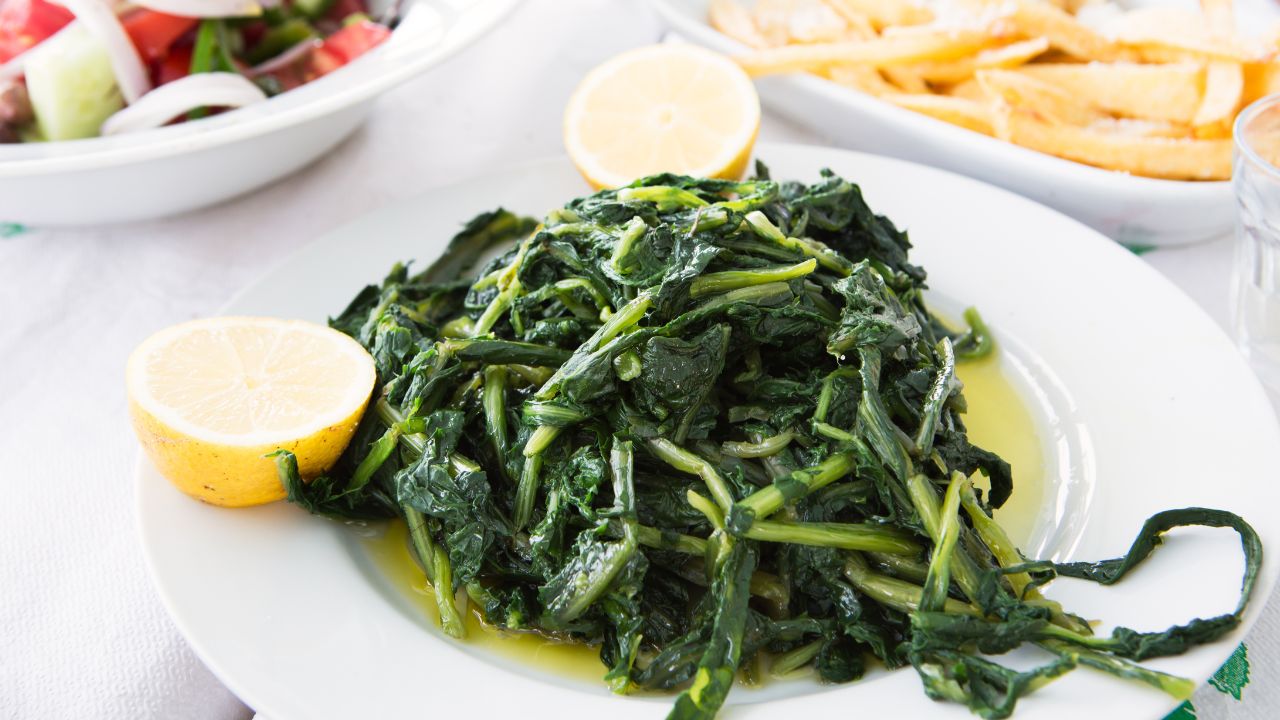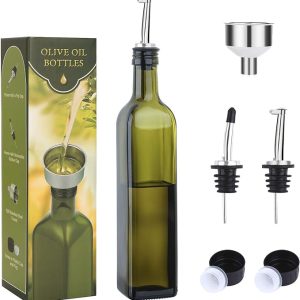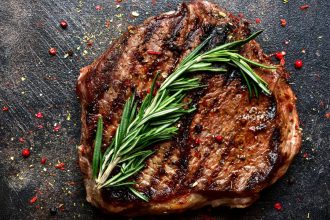- Prep Time: 5 min.
- Cook Time: 10 min.
- Yield: 4 servings
This is the simplest, easiest, and most nutrition-packed recipe for vegetable greens on the planet! Enjoy the delicate bitterness of the plant greens, heart-supportive Greek olive oil, bile-stimulating fresh lemon juice, and the simplicity of Aegean sea salt crystals! That’s it!
Did you know? According to a 2019 study from the Journal of Neurology, people who ate at least one serving of leafy greens per day exhibited slower rates of memory and thinking skill decline with age as compared to subjects who rarely consumed greens.

Did you know? Pythagoras, the ancient Greek mathematician and philosopher who gave us geometry’s Pythagorean Theorem, is said to be the father of vegetarianism.
The cuisines of many cultures across the globe feature boiled or steamed greens. We have Collard Greens from the southern US states, Mulukhiyah, which is Palestine’s delicious contribution, India’s many Saag (spinach) dishes such as Saag Paneer, Choy Sum, courtesy of China, and the world-class favourite Horta from the heart-healthy, longevity-boosting diets of Greece.
Crete, in particular, has a culinary history that is rich in vitamin-laden horta. Loaded with vitamins A, K, and C, high in fibre, and very low in calories, they are a peppery delight that you should definitely try to incorporate into your diet.
I totally get that the American diet is comprised of tonnes of sugar and salt and not much bitterness or an abundance of greens on the palate, but I am hopeful.
To this day, hand-picked, wild-harvested dandelion (radikia), amaranth (vleeta), and chicory are staples among over 300 varieties of edible horta that grow in glorious abandon along the mountainsides of this Mediterranean paradise.
Throughout Greece, Horta Vrasta (boiled) wild greens are prevalent side accompaniments for lunch and dinner menus.
This recipe is applicable to any number of green species, is low in calories, very easy and simple to prepare, vegan or vegetarian, and packs a nutrient punch!
For this and other recipes for greens, different leafy greens from mustard, kale species, or chard, and even beautifully sweet golden beet tops from harvested crops will work, but the disrespected dandelion remains the most popular choice in Greek cooking.
These days, most standard grocery stores sell dandelion greens, quality Greek olive oil, and a selection of sea salts. Aegean Sea-harvested salts are more readily available online, so a plain Maldon salt will suffice.
The British import is quite commonly found at chain grocery stores and is among my absolute flaked finishing sea salt favourites.
Ingredients
- 1 bunch of dandelion greens (about 1.5 pounds)
- You will need: 1 medium-large pot, 1 colander
- 1 small white onion, chopped
- 3 cloves of garlic, smashed, then minced
- 1 ½ tablespoons Greek olive oil
- ¼ cup of fresh water
- juice, 1 lemon
- 2 teaspoons Aegean sea salt
Instructions

- Over medium heat, warm ½ tablespoon of the oil and sauté the onion, stirring occasionally, until clear and soft. Add the garlic, stir, and sauté for 1 minute more.
- Reduce heat to medium-low, add the thoroughly rinsed greens, pour the water over top, toss well, and cover. Cook for 10 minutes or until the greens are soft (times will vary based upon the green variety), stirring often to ensure even cooking.
- Strain the horta in a colander, toss with ½ the lemon juice and sea salt, and plate to serve.
- Leave a spoonful of salt flakes on the table and garnish with the remaining ½ lemon, sliced in half, for diners to add to their plates at their discretion.
- Horta makes a sumptuous side dish for just about any roasted, grilled, broiled, or braised meat or fish that doesn’t have a sweet component. Try Baked Chicken and Artichoke Avgolemono, Roasted Leg of Lamb, or even Steak Frite!
- If going Greek, ouzo as an aperitif and Retsina, or one of the recently highly coveted wines from Santorini, will pair very well.















